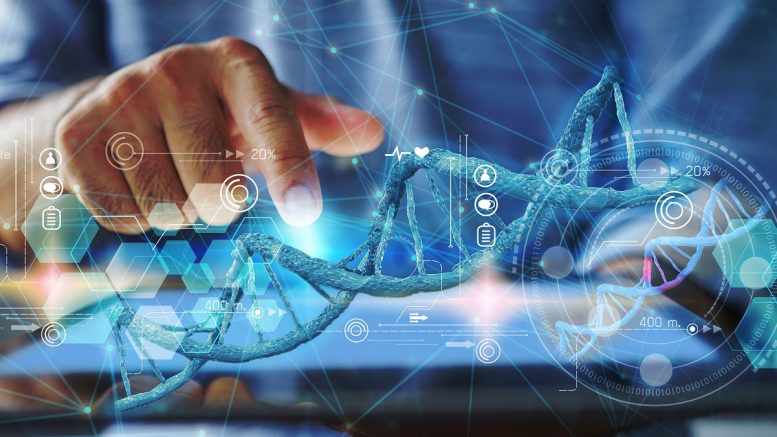According to a survey conducted by Morgan Stanley Research, 94% of businesses working in the healthcare sector said they use artificial intelligence or machine learning in some capacity. Many of these innovators will be looking for partnerships with NHS Trusts in the UK, and the report points towards biopharma, healthcare services, life sciences and diagnostics, and medical technology as areas with growing opportunities where technology is set to closer connect with healthcare provision in the coming years. Statista also hails the huge growth in AI adoption in healthcare, a market it says could be worth $188 billion, globally, by 2030, with the potential to save over 250,000 lives each year.
How AI benefits healthcare and can save lives
Healthcare is one of many industries to have embraced AI. It is poised to transform the way healthcare is delivered, bringing significant benefits to patients, physicians and healthcare providers alike. It can be used to help improve patients’ lives, at the same time as enabling significant cost reductions. It allows healthcare professionals to save time, quickly access the full medical history of patients and make more accurate diagnoses in real time, which in turn leads to an improved patient experience.
How about reducing the costs related to hospital re-admissions by incorporating AI-driven medical devices and monitoring solutions more easily into patients’ homes? Similarly, Intelligent Intensive Care Units could enable constant, real-time monitoring that will help staff on the ward make more informed and timely decisions. For pharmaceutical companies, the introduction of machine learning models can help identify trends and patterns that researchers can utilise to accelerate the development of effective drugs, potentially reducing drug production costs by more than $70 billion by 2028, according to research from Berkryl.
The importance of data
The appeal of AI in the healthcare sector is that it facilitates the collection, storage, analysis and, most importantly, the sharing of data. The exchange of data in healthcare is vital to providing medical practitioners with a holistic view of a patients’ health status. By incorporating AI and ML into the healthcare ecosystem, you can perform activities such as collecting data from devices, monitoring patients’ vitals and recommending therapies.
And machines are capable of performing tasks at a faster and more accurate rate than humans. It has been estimated that AI can reduce 86% of errors made by healthcare workers, which could save more than 250,000 lives each year. A study involving 80,000 women in Sweden, recently published in The Lancet Oncology and reported by CNN, found that AI helped healthcare workers detect 20% more cases of breast cancer, for example, whilst also avoiding an increase in false positives and reducing doctor workloads by 44%.
On the one hand, AI in healthcare provides tools to support the doctor in their daily activities of patient support and delivering high quality care. On the other hand, it unifies the work of healthcare professionals, software developers and data scientists by providing an efficient development environment to create and manage AI-driven algorithms, and by providing tools to monitor data drifting and data modelling activities.
The integration of more AI solutions will continue to transform the healthcare sector and save lives. It’s well documented that the NHS is under significant strain, including rising costs, aging population, lack of funding and expanding patient waiting lists. Let’s harness the power of AI to help the NHS improve the efficiency of clinical care processes, support physicians in the diagnostic analysis of patients, and alleviate some of the heavy burdens of cost and time while improving the patient experience.
By Marzio Ghezzi, CEO Mia-Care





